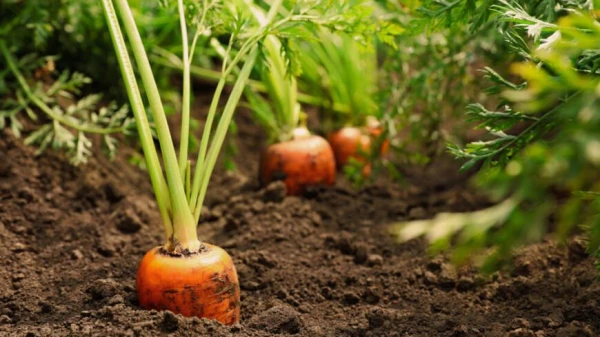
Companion planting is a well-known technique that involves growing different plants together for their mutual benefit.
Carrots, like many other vegetables, need the right companions to help them grow and thrive.
However, some plants do not make good companions for carrots, as they can attract pests and diseases or hinder their growth.
Here are some plants that should not be grown alongside carrots.
Dill
Although dill is a great companion plant for many vegetables and herbs, it does not pair well with carrots.
Dill releases toxic compounds that can slow the growth of your carrot crop.
Additionally, cross-pollination between carrots and dill can lead to poor hybridization, and parasitic insects can destroy both plants.
Fennel
Fennel is known to release chemicals that can inhibit the growth of other plants, including carrots.
It also attracts pests that can damage the carrot crop. Therefore, it is best to keep fennel away from the carrot garden.
Parsnip
Parsnip belongs to the same family as carrots but is incompatible with them.
The plants are susceptible to the same diseases and pests. Growing related crops is also unfavorable because they require the same nutrients, which leads to competition between them.
Celery
Celery and carrots also belong to the same family of umbellifers, so they should not be planted together.
The plants are subject to the same diseases and pests.
Growing related crops is also unfavorable because they require the same nutrients, which leads to competition between them.
Potatoes and Other Root Vegetables
Growing root vegetables, such as potatoes/beets and carrots together can lead to competition for excess phosphorus.
It is best to avoid planting them together to ensure optimal growth of the carrot crop.
By avoiding planting these plants alongside carrots, you can increase the chances of a bountiful and healthy root harvest.
Helpful Tips for Growing Carrots
Growing carrots can be a rewarding endeavor if you follow the proper planting techniques and care for the vegetable.
Since carrots are very susceptible to pests, it is important to monitor them regularly. However, by using companion planting methods, you can reduce the risk of pest infestation and achieve a healthier harvest.
Companion planting not only helps deter pests but also increases the nutrient content of the soil and improves the overall health of the crop.
By planting cover crops such as legumes, using herbs like rosemary and thyme, and avoiding planting incompatible crops like fennel and potatoes, you can ensure the prosperity of your carrot harvest.
Remember that proper soil preparation, adequate watering, and regular weeding are also important components of successful carrot cultivation.
With the right care and attention, you can enjoy a bountiful harvest of this nutritious and versatile vegetable.

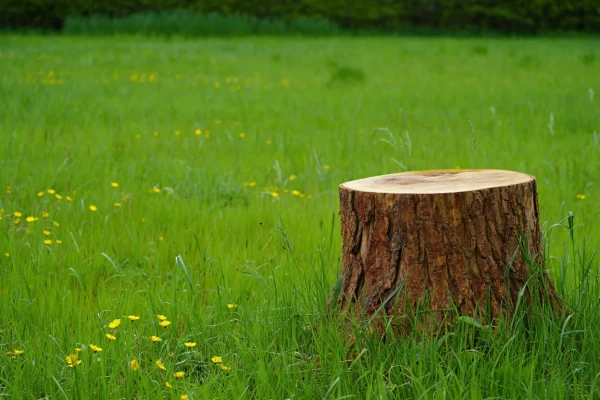
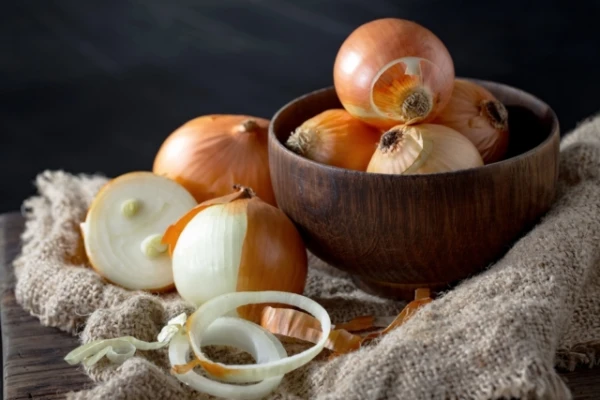

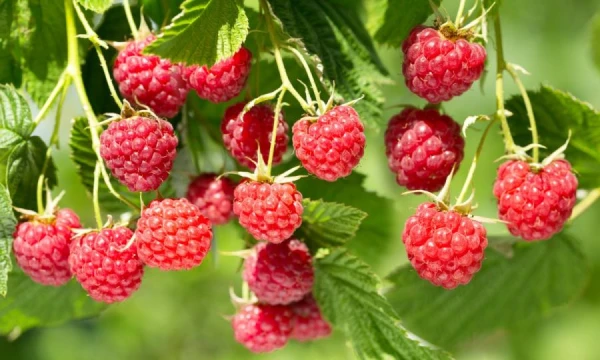
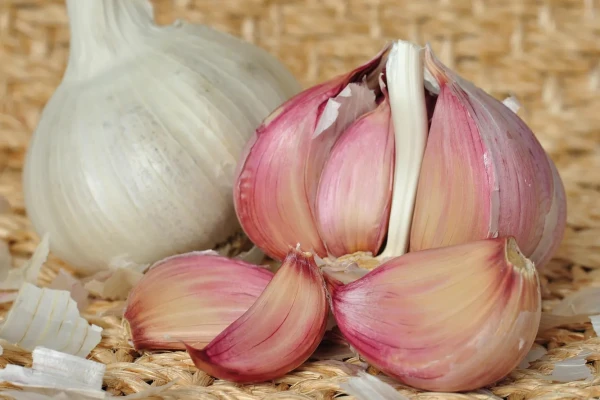

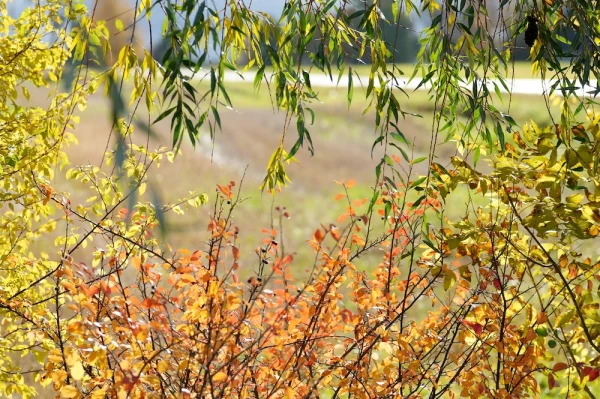
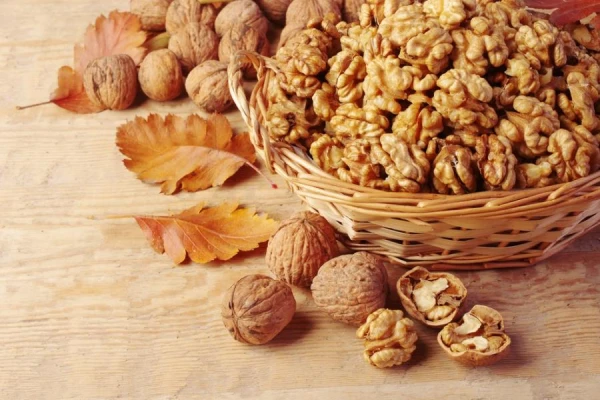



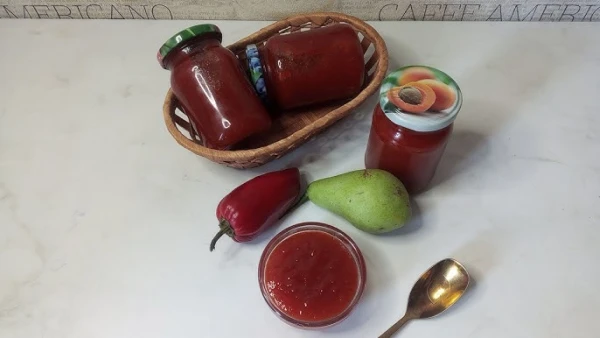


Leave a comment